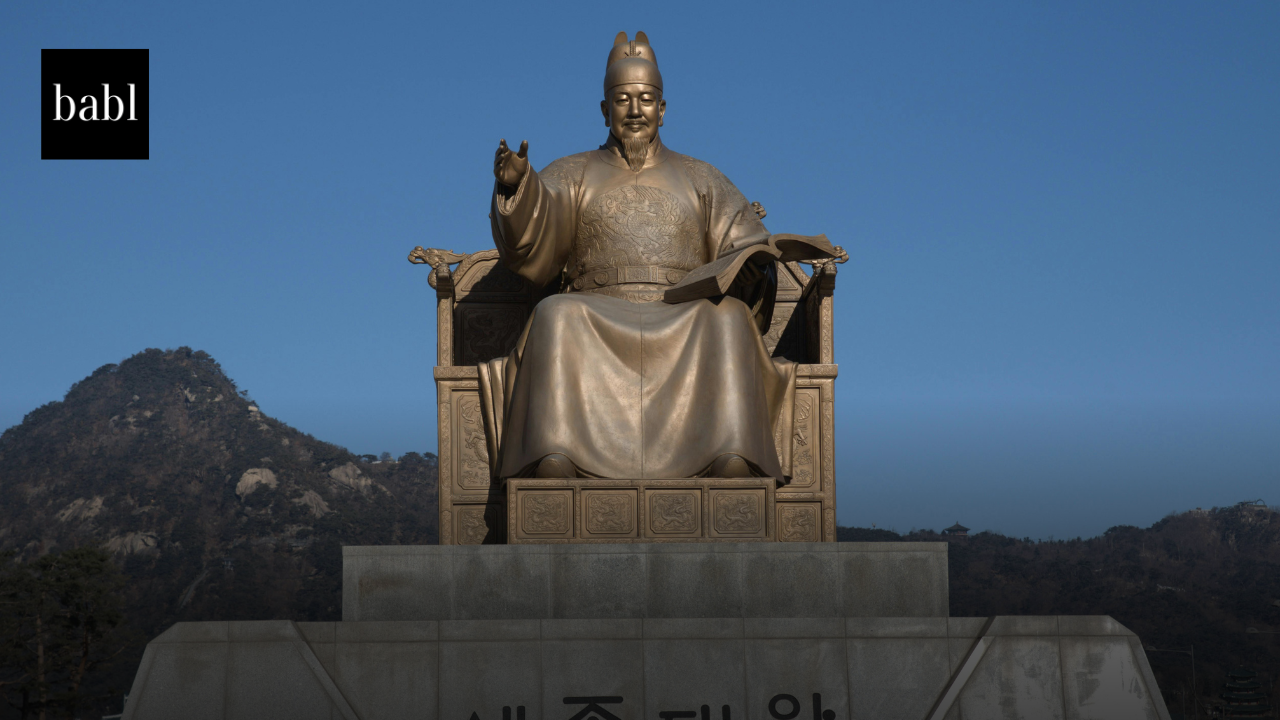China released a sweeping Action Plan on Global Governance of Artificial Intelligence, calling for a multilateral, inclusive, and development-focused approach to managing AI’s rapid global expansion. China unveiled the plan at the 2025 World Artificial Intelligence Conference and High-level Meeting on Global Governance of Artificial Intelligence in Shanghai.
Framing artificial intelligence as both an engine of human progress and a shared global challenge, the document urges governments, companies, academic institutions, and civil society to work together in shaping the future of AI. The plan’s 13-point agenda stresses open cooperation, equity, safety, and respect for national sovereignty as the foundation for global AI governance.
Key initiatives include international collaboration on AI infrastructure, technical standards, and open-source platforms, as well as joint efforts to reduce the digital divide and support the Global South in AI development. The plan emphasizes AI’s potential to drive progress in public services, sustainability, healthcare, and education, while also calling for robust risk management frameworks to prevent misuse and protect personal data.
The document explicitly aligns with the United Nations’ Global Digital Compact, advocating for a multilateral governance system rooted in international law and responsive to countries’ development differences. It proposes the creation of new global entities, such as an International AI Science Group and a Global AI Governance Dialogue under the UN framework.
The plan also urges leading AI nations to support developing countries through infrastructure partnerships, joint laboratories, and educational initiatives, while protecting vulnerable groups like women and children in the digital era.
By promoting a “people-centered, development-oriented” governance model, China is positioning itself as a leader in shaping international AI policy—offering an alternative to U.S. and EU-led approaches that have focused more heavily on risk regulation and tech accountability.
The initiative marks China’s most comprehensive call yet for global AI collaboration, signaling that the future of AI governance may be decided not by a single power, but through contested, cooperative, and evolving international dialogue.
Need Help?
If you’re wondering how China’s AI measures, or any other AI regulations and laws worldwide could impact you and your business, don’t hesitate to reach out to BABL AI. Their Audit Experts can address your concerns and questions while offering valuable insights.





